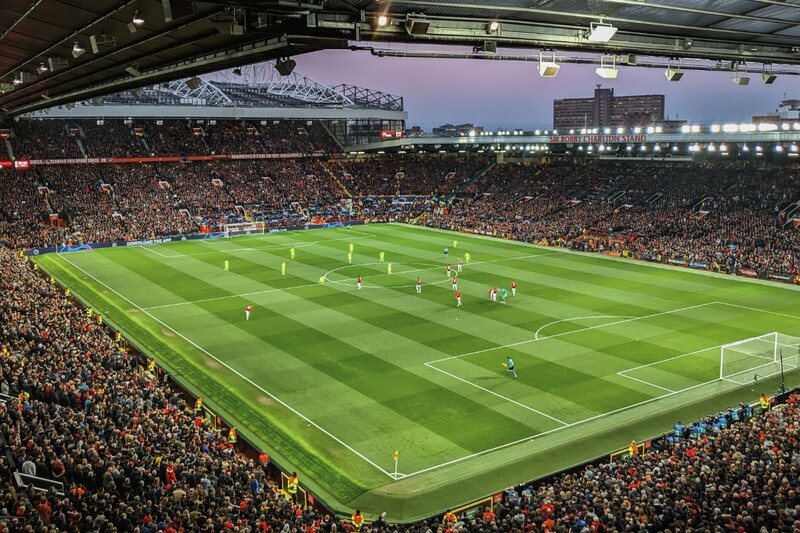How to avoid mass power failure in stadiums

A mass power failure can happen at any time and cause huge disruption at sports or music stadiums that rely on electricity to operate lighting, safety systems, catering, broadcasting equipment and more. Discover how a comprehensive UPS system will provide critical power support should a mains outage occur at your site.
Only last year fans of Harrogate Town and Portsmouth Football Clubs were left outside the stadium in the cold following a localised power outage. Without mains power, the club was unable to let fans through the turnstiles and the pitch was plunged into darkness with no functioning floodlights. On this occasion, the club was able to kick off 45-minutes later when the power returned, but not all incidents of this nature have such a good ending.
Back in 2017, a power failure at Dagenham and Redbridge FC led to a match being postponed, which subsequently lost them £50,000 in TV revenue, a huge sum for a National League.
How do we prevent stadium power loss?
All businesses are dependent upon electrical power to operate, which is why many large organisations install power protection systems to ensure there are no interruptions, especially at peak times when power is needed most.
The only way to eliminate sudden power loss is to install an uninterruptible power supply (UPS), which provides short-term power support in the event of a disturbance or disruption in mains power.
How does a UPS work?
A UPS system essentially picks up the load when the mains power supply fails and protects the power supply by regulating and maintaining a clean and stable power supply. It works instantaneously ensuring zero interruptions to your event.
In the event of mains failure, UPS’ are designed to continue to provide a clean continuous smooth supply to the critical load by drawing power from an alternate source, generally a battery or flywheel. Another example of an alternate source of supply is a generator. By drawing power from such alternative power sources, the UPS ensures that critical power will continue to run for a designated amount of time. This timeframe is determined by the size of your alternate power supply.
UPS systems are generally single or three-phase, with the lower-rated power units typically single-phase and the higher-rated units three-phase. Single-phase UPS are generally units that you can plug into a typical mains outlet and the equipment can be directly plugged into the back of the UPS - though this very much depends on the load. Three-phase units are hardwired to a dedicated protected power connection due to the high current rating needed to operate. One of the advantages of three-phase units is that they accommodate bigger loads better because they are more efficient. An events or sports stadium would require a three-phase UPs.
UPS’ provide simplified power continuity and allows for centralised power protection for your whole site - from pitchside floodlights to the ovens that cook your Pukka Pies!
Paul Anton Ltd is a leading supplier of UPS systems throughout the UK, with a team of technical experts and engineers offering fully integrated installation and maintenance service. To protect your stadium and fans from power outages, please contact us to discuss your power needs and to arrange a bespoke on-site survey.












